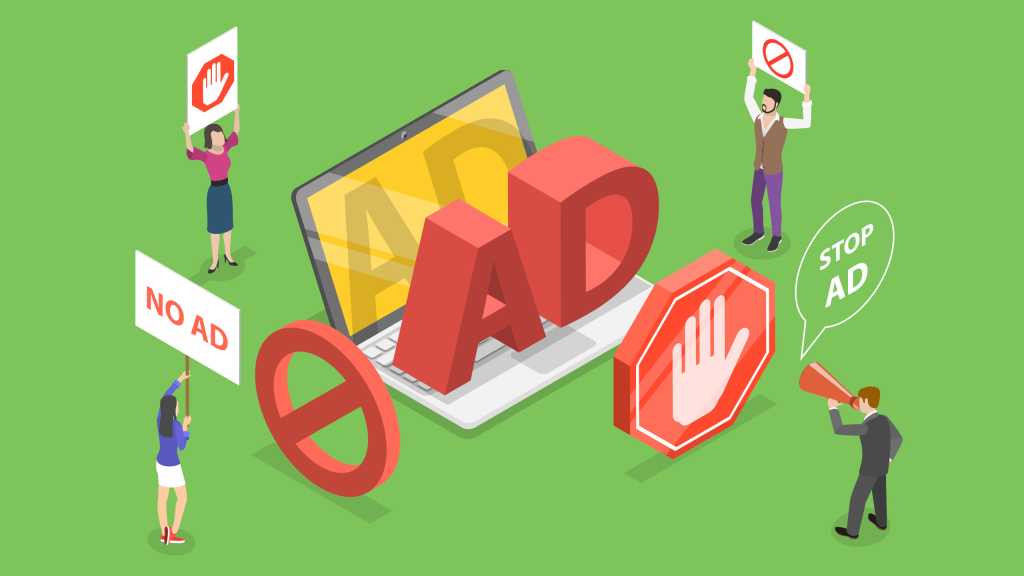Depending on how an existing court case against an ad blocker provider pans out, we could soon see the use of ad blockers declared illegal in Germany, reports BleepingComputer.
The lawsuit was filed by publisher Axel Springer SE against ad-filtering software company Eyeo and it mainly concerns the browser extension Adblock Plus, which calls itself the “world’s #1 free ad blocker” and is used by millions to block ads on websites—including those owned by Axel Springer, like Politico and Business Insider.
The lawsuit was originally dismissed by a Hamburg court, but according to the report, it’s now being reopened to examine whether the initial judgement was incorrect. After a detailed review, another court could even rule in favor of Axel Springer this time.
Mozilla warns against ad blocker ban
Daniel Nazer, Senior IP & Product Counsel at Mozilla, the provider of Firefox, warned of the possible consequences of this case in a blog post . According to him, a court-ordered ban on Adblock Plus could lead to the banning of other browser extensions that block ads the same way.
He argues that ad blockers are important to ensure better accessibility and privacy protections on websites. He therefore hopes that the court will rule against a ban on ad blockers (unlike in China, where the use of ad blockers has already been severely restricted).
Why is there a lawsuit at all?
Axel Springer SE filed a lawsuit against Adblock Plus provider Eyeo back in 2022, but was unsuccessful. According to Axel Springer’s claims, the ad blocker jeopardizes the company’s revenue model and also allegedly infringes its own copyright.
Axel Springer is relying on the assumption that the HTML/CSS of a website is “a protected computer program.” As such, ad blockers interfere with its memory execution structures, which constitutes “unlawful reproduction and modification.”
However, the Hamburg court ruled that ad blockers don’t make any changes to the program of a website per se, but only change its sequence so that the user is no longer shown any advertising. Germany’s Federal Court of Justice still seeks legal clarification on this point.
This article originally appeared on our sister publication PC-WELT and was translated and localized from German.

